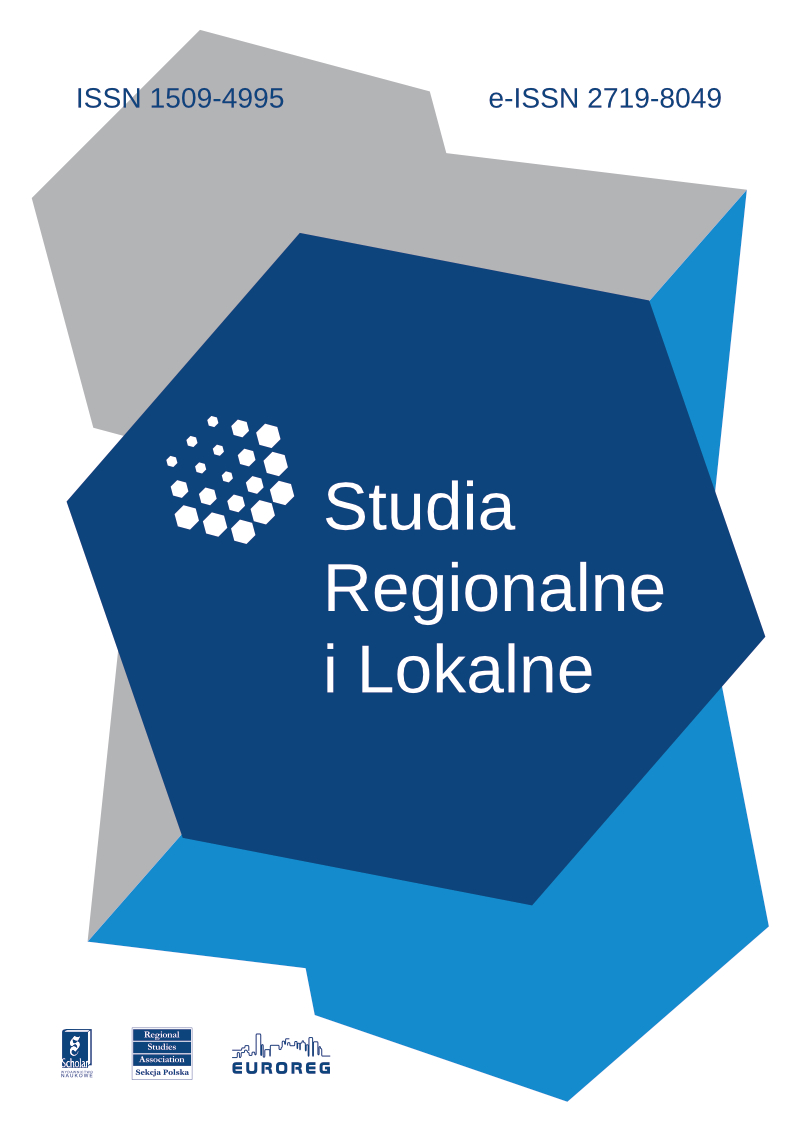Przestrzeń ludyczna – nowe obszary metropolii
Wśród zmieniających się obszarów miasta, oprócz dominującej przestrzeni wymiany, we wszystkich epokach w większości miast europejskich przez ostatnie 250 lat najbardziej istotną rolę odgrywała przestrzeń produkcji uzupełniana stopniowo przez rozszerzającą się przestrzeń konsumpcji. Obecnie miasta pozbyły się znacznej części produkcji, szczególnie przemysłowej, a na zwolnionych miejscach kształtuje się przestrzeń ludyczna. Spowodowane jest to zapotrzebowaniem na usługi kulturalne i rozrywkę ze strony klasy metropolitalnej, która zarówno mieszka w metropoliach, jak się między nimi przemieszcza, będąc najbardziej atrakcyjną częścią turystycznej publiczności. Dużą rolę unifikującą odgrywają także media, a przede wszystkim telewizja, co przyczynia się do globalizacji oferty kulturalnej i rozrywkowej. Nic więc dziwnego, że wielkie międzynarodowe korporacje angażują się w różnego rodzaju przedsięwzięcia mające na celu zagospodarowanie przestrzeni miasta, służące zarówno celom bezpośrednio reklamowym, jak i kształtowaniu wizerunku firmy. W rezultacie obserwować można partykularne zawłaszczanie przestrzeni publicznych i ich specyficzną prywatyzację.
The Area of Entertainment – New Metropolitan Space
In most European cities industrial districts and, later, consumption areas have emerged supplementing the areas of exchange, which had always been existing within the cities. At present, the cities are almost free of production (especially of industrial production), which has been replaced by the areas of entertainment. This is due to the fact that the metropolitan class - which lives in the cities and moves between them as the most precious part of the tourist community – has demonstrated growing demand for culture and entertainment. The influences of the media, mostly of television, make this demand more and more uniform, which results in globalisation of culture and entertainment. It is therefore quite obvious that big corporations engage themselves in undertakings that shape the urban areas in order to advertise their products and brands. As a result, the public parts of the cities are appropriated by individual interests and privatized in a specific way.



